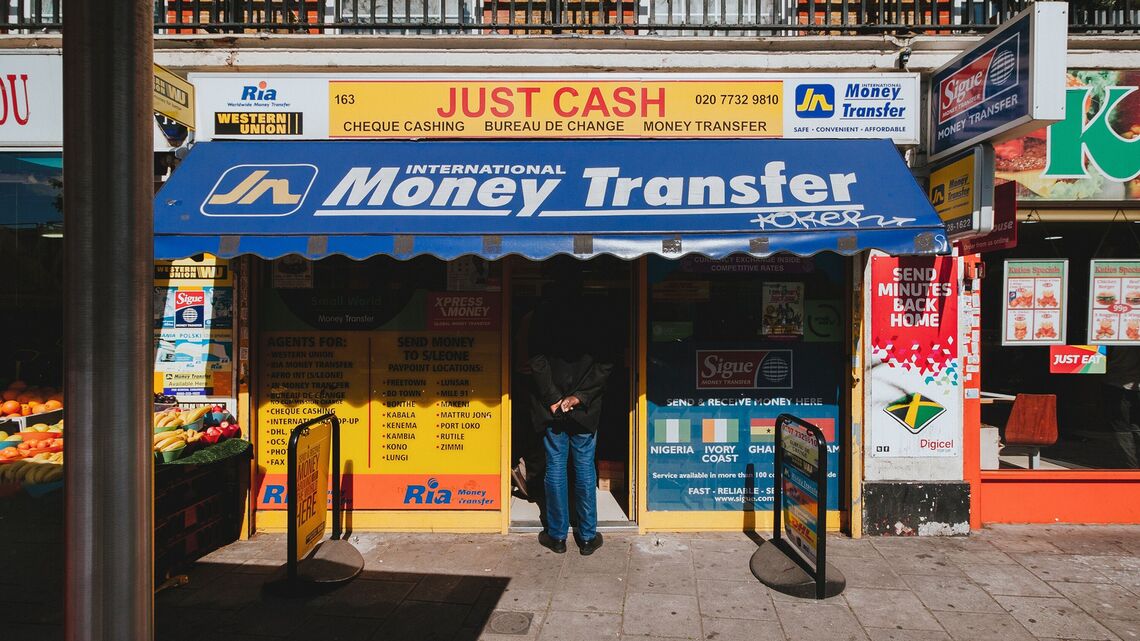As the connection between financial capability and economic mobility is made increasingly evident, public and private actors are investing in products and services design to improve the conditions of economically vulnerable populations. Municipal leaders in particular recognize that the financial stability of their residents is a core ingredient in the overall health of their communities. Still, there is significant work to be done to understand how financial capability initiatives can be coordinated, refined, and expanded at the municipal level to reach all residents. This study explored the broad range of strategies that make up the financial capability landscape in U.S. cities, touching on programs and policy efforts deployed by and within municipalities. Our high-level scan of existing initiatives and the ways they fit together reveals the role that cities and their core institutions can play in promoting residents’ personal economic growth.
Over the course of a year, the Urbane team performed an exhaustive review of existing literature, including academic papers, policy briefs, white papers, program evaluations, and case studies to shed light on a number of themes, including the lexicon of financial capability definitions; the barriers financially vulnerable populations face; the role of municipal agencies to fund and advocate for asset-building programs, affordable banking products, and inclusive economic policies; and precedents tat have the potential to be adapted in different settings.
Following the literature scan, Urbane conducted interviews with 32 stakeholders, including advocacy organizations, funders and fiscal sponsors, nonprofit service providers, public officials, academics, and financial technology developers. The interviews sought to understand the variety of programs cities offer, public-private partnership models and the role of nonprofits in delivering services, program effectiveness, and existing gaps or unmet needs in existing service provisions or policies.





